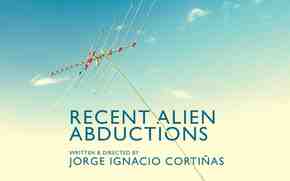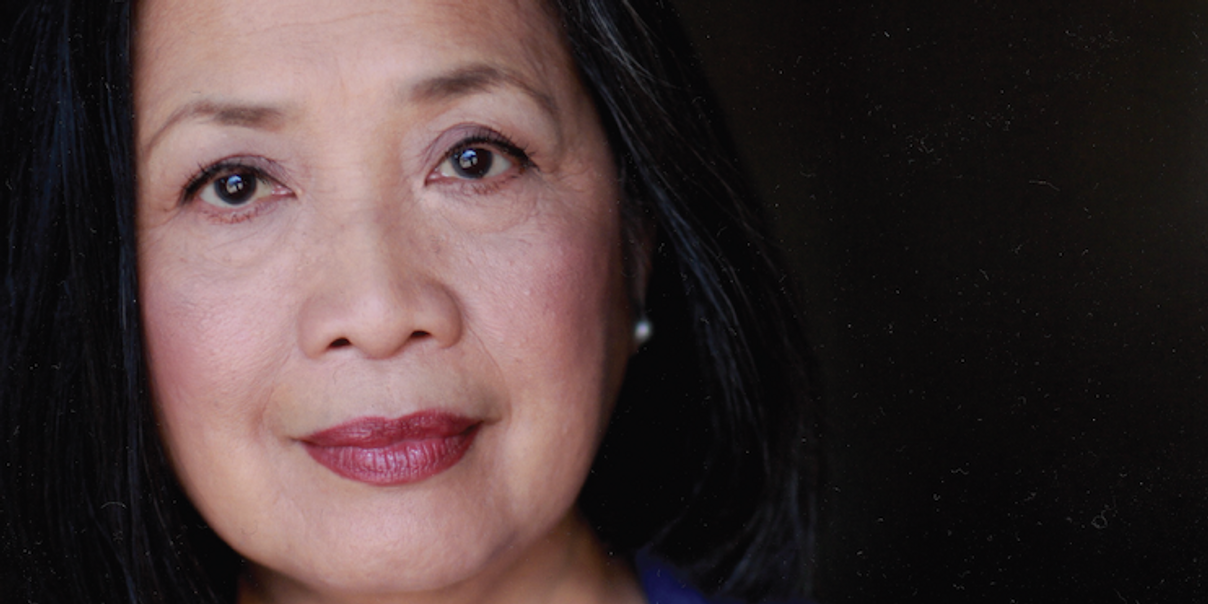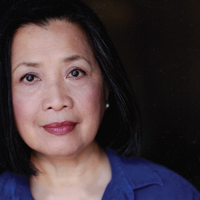

Mia Katigbak on her Collaboration with Jorge Ignacio Cortiñas and more
Meet the Participants

Mia Katigbak (Actor) is the Artistic Producing Director and co-founder of NAATCO. She has acted extensively in New York City with Target Margin, Intar, New York Theatre Workshop, the Public Theater, Ma-Yi Theater, Women’s Project, Pan Asian Rep, New Federal Theater, Henry Street Settlement, and in several productions with NAATCO including the most recent world premiere of Leah’s Train by Karen Hartman. Other productions with NAATCO include Antigone (as Creon), Ivanov, Long Day’s Journey Into Night, The House of Ber-
narda Alba, Village Wooing among many. Regionally she has acted at Berkeley Repertory Theater (CA), Swine Palace (LA), and the Guthrie (MN). In 2006, she and NAATCO were the recipients of the Rosetta LeNoire Award, given by Actors Equity Association in recognition of their “artistic contribution to the universality of the human experience in American theater.” She received New Dramatists’ Charles Bowden Actor Award in 2006 and the Distinguished Award for Artistic Excellence from Ma-Yi in 1999. She is on the Steering Committee of the Consortium of Asian American Theaters and Artists (CAATA) and chairs its Strategic Planning Committee. She was one of the organizers of the First National Asian American Theater Festival in 2007 and will spearhead the Second Festival scheduled for the fall of 2009, along with Second Generation of NYC. She holds a B.A. from Barnard College and an M.A.
from Columbia University’s Graduate School of Arts & Sciences.
In addition to being an actor, Mia Katigbak is the Artistic Producing Director and co-founder of NAATCO (National Asian American Theatre Co). She’s received many awards in theater — most recently, she was named the recipient of Actors’ Equity Foundation’s St. Clair Bayfield Award for her performance as The Duke of Gloucester in NAATCO’s production of Henry VI. Throughout her career, she’s been an active performer. Select NYC credits include: Henry VI (NAATCO, St. Clair Bayfield Award); Trial of the Catonsville Nine (Transport Group); Scenes From a Marriage (NYTW); Dear Elizabeth (Women’s Project); Awake and Sing! (NAATCO, Obie Award). She has been a guest speaker for forums sponsored by the New York Times, the Humana Festival, and Theater Communications Group. She holds a BA from Barnard College and an MA from Columbia University. In Recent Alien Abductions, she is playing Olga.
You played Olga in a previous production of Recent Alien Abductions at the Actors Theater of Louisville and through your theater company, National Asian American Theater Company (NAATCO), you’ve produced Jorge Cortiñas’s piece, Blind Mouth Singing. Can you tell us more about how this artistic relationship developed?
Jorge and I met when I did a reading of Blind Mouth Singing at the Public many moons ago. And then I encountered the play again when I served in the admissions committee for New Dramatists and Jorge was an applicant. I got reminded of how much I loved his writing. Jorge came to see a production of NAATCO’s Antigone, and pitched an idea to have NAATCO do BMS, but I told him that we supported primarily Asian American actors and playwrights. I thought again, however, and counter-pitched having an all-Asian American cast do the play. He said OK, and that gave birth to our third program: plays not by, for, or about Asian Americans realized by an all-Asian American cast.
As co-founder and artistic producing director of NAATCO and a founding director of the Consortium of Asian American Theaters & Artists, you’ve been a pioneer in creating space for Asian American theatre artists. Over the course of your career thus far, do you think the American landscape for actors of Asian descent has changed, and if so, how? What do you hope to see in the future?
My experience of it certainly has changed. Over the years, I have seen more and more Asian American actors auditioning for NAATCO. So many of our productions have been actor-initiated; actors approaching me with dream projects and being able to somehow help them realize these dreams has been terrific. During the first CAATA conference in Los Angeles in 2006, I was very moved when more than 200 actors attended from all over the country and the running theme among them was how astounded they were to see so many of us at the conference. They were feeling terribly isolated and seeing the solidarity at the conference was very affirming. There are also so many more Asian American playwrights whose works are being produced nationally.
Despite these developments, though, I feel that there is a persistent restriction to the sorts of roles to which we have access. The formula remains that Asian Americans are never, or hardly ever, the leads. What would be wonderful is if the casting breakdowns no longer included “Any Ethnicity” as a descriptor, because it will be assumed that that is always the case.
In addition to running NAATCO, you’ve also consistency worked as an actor, you’ve been on the board of several organizations, and you’ve held down a day job. How do you make it all work successfully and do you have any advice to younger theater artists?
Necessity is the mother of over-extension. I’ve been able to drop the day job, but it’s still crazy. But all the things I do now are things that I couldn’t do without. Younger artists have so much more energy, I don’t think I’m in a position to give them any advice. Although perhaps something to keep in mind is to not stick with something if it’s making you unhappy.
In your past work, what have been some of your richest artistic collaborations?
NAATCO’s most recent production, Henry VI, Parts 1-3, the largest company we’ve ever worked with is up there. I’d always wanted to do the plays but no director would take me up on it. When Stephen Brown-Fried, the director of our Awake and Sing! proposed another project, we tossed around a few ideas, but nothing was really catching my attention. I finally suggested H6, not really expecting him to bite, but he did and the work we did with the designers, with the movement choreographers, and with a 16-strong cast of kick-ass Asian American actors doing Shakespeare will be a collaboration that I will never forget.
As an actor, artist, and advocate of Asian American representation, why did you choose to commit to theater over film or television?
Performing live has the aspect of including the audience in the experience. It is a unique event that changes night to night. I find that challenging and fulfilling. I don’t have anything against film or TV but I really have not had many opportunities to work in those media.
Outside of acting, what are your other passions in life?
I’m not necessarily good at it, but I love to sing in a small ensemble. I had a madrigal group going for a few months and it was terrific. Just for us, very casual, very therapeutic. I love good food and wine in good company. I took flamenco classes for a couple of years and would have kept going except for time challenges, and the ball of my right foot giving me trouble now. I like to travel. But honestly, free time is such a luxury now and I would passionately love a month-long vacation somewhere beautiful and strange and temperate.
Related Productions

Written by
Cynthia Tong